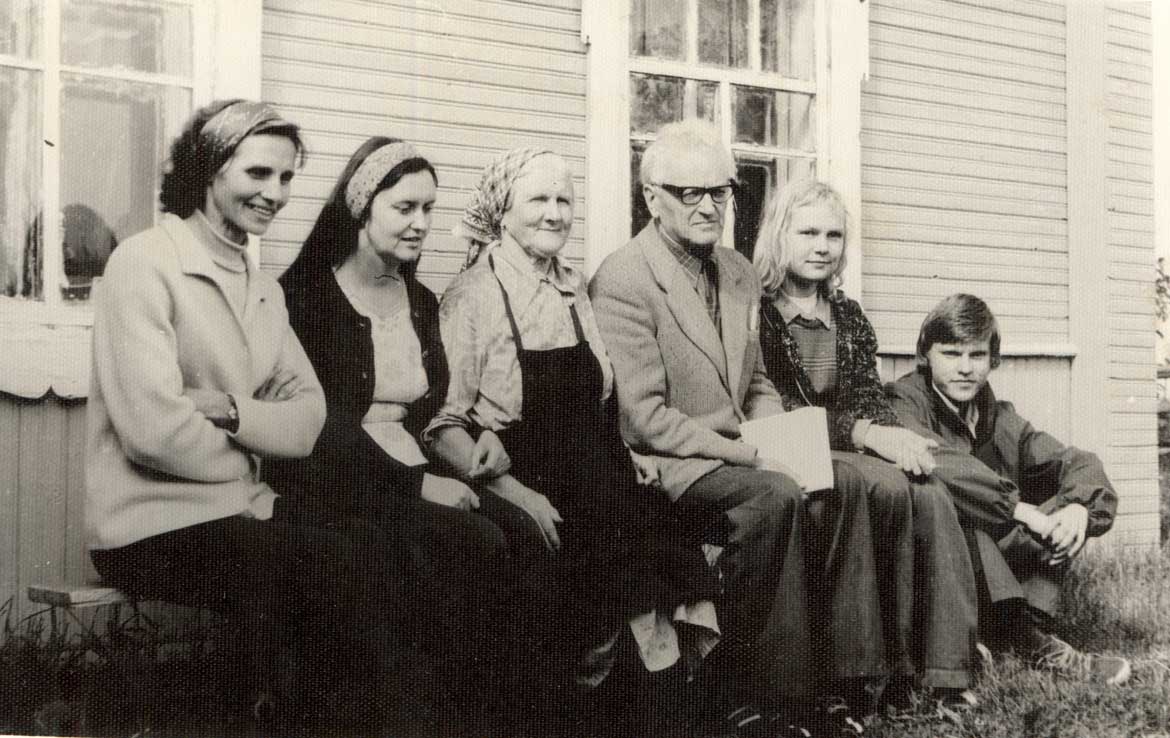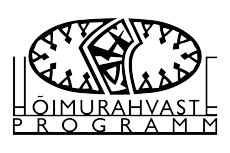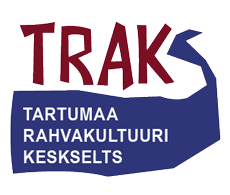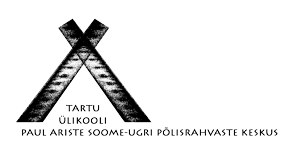Avatkaa Viron veräjed
(Arrival of the Bridegroom’s Entourage)
Duńa Trofimova (archive recording)
Janika Oras and choir
In Votian
Avatka Viro veräjäd,
Viro võõrahad tulõvad,
tuõbõ loojõ joukkuna,
jumala perehenä.
Kaartiska kahõllõ poolõllõ,
laska vaa tuppa meije vättšeä,
väzünüttä, vaivunutta.
Saati lupa tulla rihhe, siiz laulotti:
Terve tultuhe tuppa
enne nähtüä vättšiä,
risitettüä rahvahassa!
Kõlmõd va kolkka, nelĺe nurkka,
kiukkõ on mere tšivessä,
arinõ anõ munissõ,
laki lahna soomussissõ.
Laako va katson lango siltoi:
kõik one voolillõ voolittu,
kõik one strugallõ strugattu.
Kui on lakkiad lango sillõd,
kui on lakkiad, nii on tšäppiäd.
In English
Open the gates of Vironia,*
Vironian guests are coming,
The Creator is marching with His army,
God with His family.
Part the crowds in two,
Let our people enter,
The tired, exhausted ones.
When the bridegroom’s entourage were allowed to enter the house, the song continued:
Hello, we are entering,
[Greetings to] the crowd seen before,
Christened folk!
Three nooks, four corners,
The stove is made from sea rocks,
The hearth from goose eggs,
The ceiling from bream scales.
Let me look at the in-laws’ floors:
All were carved with a carving tool,
All were smoothed with hand plane.
When the in-laws’ floors are even,
When they are even, they are pretty.
Original version
Avatkaa Viron veräjed,
Virone veerahat tullood,
tulloo va loojo joukkunee,
jumala perehenee.
Kaartiska kahõlla poolõlla,
laska vaa tuppa meijän väkkeä,
väsünüttä, vaivunutta.
Saati lupa tulla rihhee, siiz laulotti:
Terve tultuhe tuppaa,
kolmi (va) kolkkaa, neleje nurkkaa,
kiukaa on meroin kivestä,
arinõ animunista,
laki va lainen soomuksista.
Laako va katson langon siltoi:
kaik one voolillõ voolittu,
kaik one strugalla strugattu.
* Vironia (Est. Virumaa) is the closest county to the Finnish and Ingrian neighbours and stands for Estonia in these languages.
As the wedding guests on the groom’s side are festively arriving at the bride’s home to escort her away, they are singing at the gate: “Open the gates of Vironia!” The guests are referred to as people of the otherworld, as the song says that God is coming with his people, tired and exhausted from the long journey.
The bride’s relatives are in the house and, at first, refuse to let the groom’s party inside. To be let through the gates, they must donate the bride’s relatives some money. Then the gates will be opened. The horses are driven in the yard and are given hay. All the groom’s relatives enter the house and the godfather, holding a whip, makes the sign of the cross on the door. The singers begin: “Hello, we are entering!” and praise the beauty of the bridal home, decorated for the wedding.
According to Paul Ariste’s notes, the song recorded from Duńa Trofimova (the original version here) was in Ingrian with some Votian borrowings. The version in which Votian is used more was dictated by her (the text here is edited according to the Votian written language). It was characteristic of Duńa to sing in Ingrian but speak mostly in Votian.
T M Duńa (Jevdokia) Trofimova, Luuditsa (Ariste 1986: 7–9; Ingrid Rüütel, Ottilie Kõiva, Mart Jallai 1976, RKM, Mgn II 2847 i, f).
A Duńa Trofimova (Ingrid Rüütel, Ottilie Kõiva, Mart Jallai 1976, RKM, Mgn II 2847 f, i).

Ottilie Kõiva, Ingrid Rüütel, Duńa Trofimova, Paul Ariste, Mare Makar and Arvi Sepp (from the left to the right), sitting in front of Duńa Trofimova’s house. Photo: E. Ernits, 1976 (VE XX 216 (3)).





